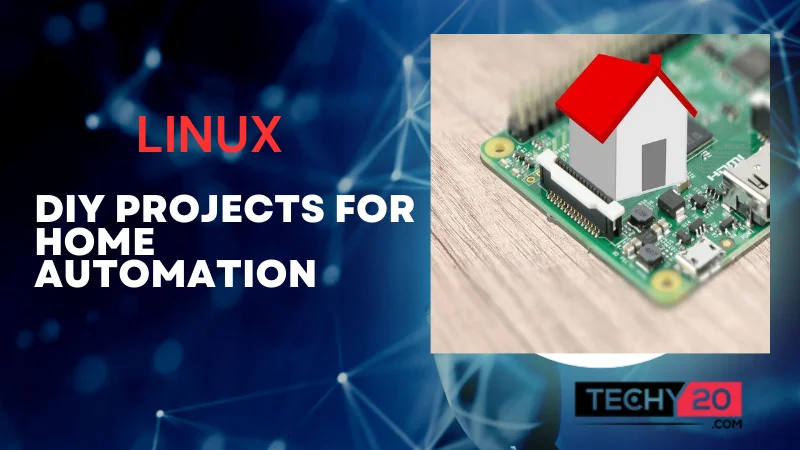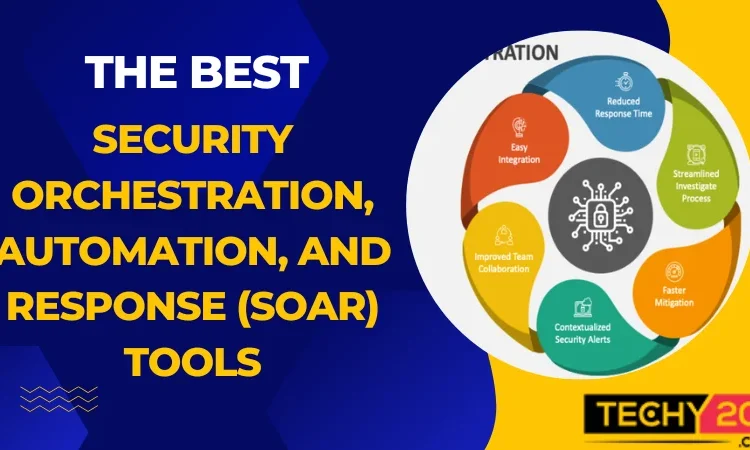Home automation has gained popularity for individuals to conveniently control and integrate devices in their homes, promoting energy efficiency and enhanced security. Linux, known for its versatility and open-source nature, offers options for DIY enthusiasts seeking to create home automation systems. In this article, we will explore 20 Linux-based DIY projects on home automation, enabling you to transform your living space into a home.
1. Home Assistant
One notable platform is Home Assistant, a widely used open-source solution for home automation that operates on Linux. It boasts compatibility with devices and services. With Home Assistant, you can craft custom automation rules, establish schedules, and monitor your residence from anywhere.

2. OpenHAB
Another noteworthy option is OpenHAB, an open-source software platform designed specifically for home automation— that runs seamlessly on Linux. Its flexible nature ensures compatibility with home protocols, making it suitable for all devices. By employing the OpenHAB interface, you can efficiently. Monitor all your connected devices.
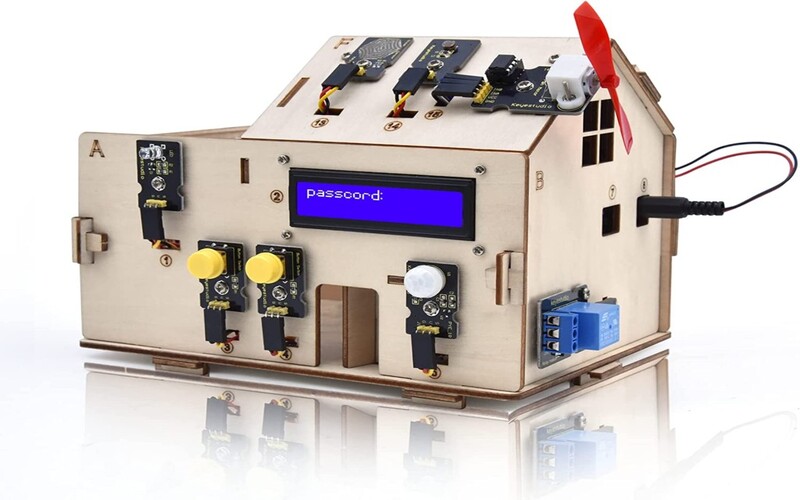
3. Domoticz
Lastly, Domoticz stands out as an open-source system dedicated to home automation that functions effectively on Linux platforms. It can work with home protocols like Z-Wave, Zigbee, and more. It enables integration with an array of devices. Domoticz offers automation rule creation, energy usage monitoring, and centralized control over your devices through a user dashboard.
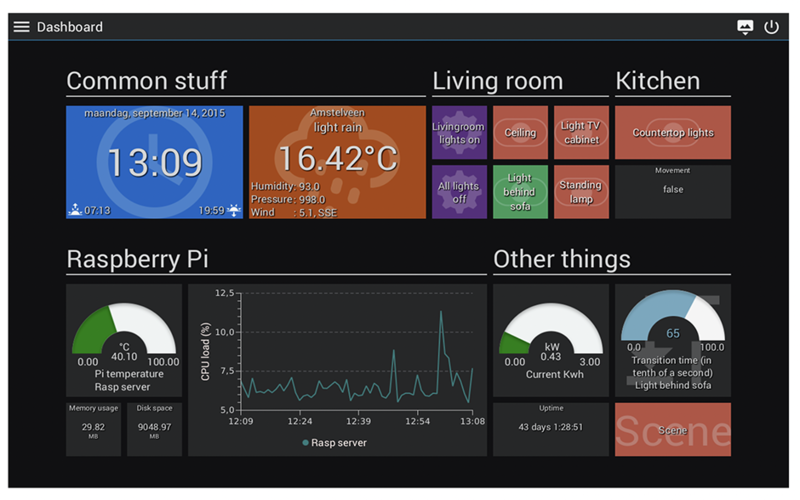
4. Jeedom
Jeedom is a software designed for home automation that is compatible with Linux. With Jeedom, managing and automating your home setup becomes effortless, providing a user interface that enables the creation of complex automation scenarios tailored to your needs.

5. Loxone
Loxone is a home automation system based on Linux that offers centralized control over various aspects like lighting, heating, security, and more. It presents an expandable solution for enthusiasts of home automation. With Loxone, you can effortlessly create control profiles, set scenes according to your preferences, and easily monitor your home from your smartphone or tablet.
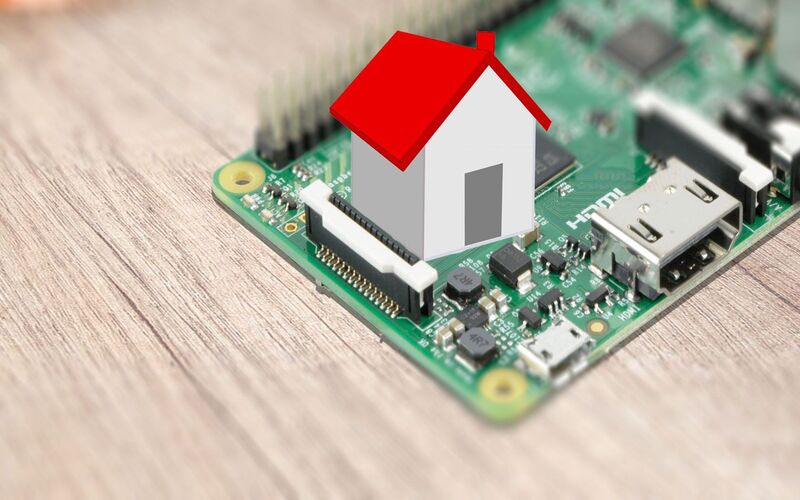
6. OpenMotics
OpenMotics is an open-source home automation system specifically designed to run on Linux. It encompasses energy monitoring capabilities, control over lighting and appliances, and seamless integration with other smart devices in your household.
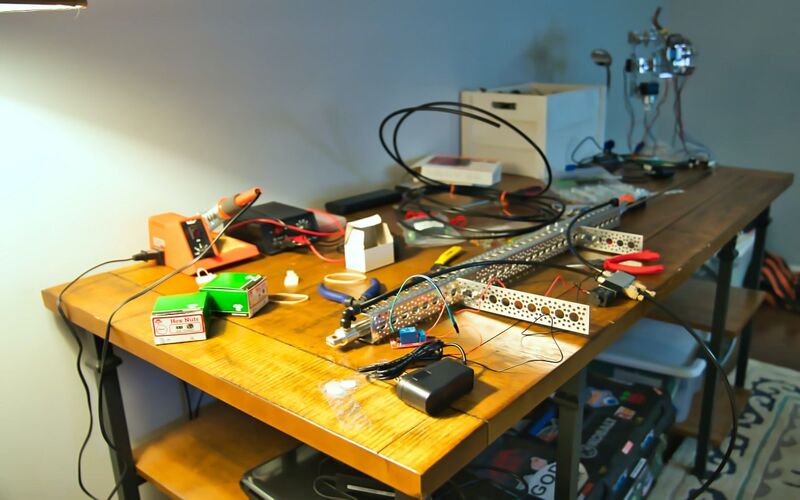
7. io broker
io broker emerges as an open-source that seamlessly integrates with Linux systems. It supports devices and protocols while granting users access to an interface for effortlessly controlling their entire home automation setup. Iobroker offers options integrations that make connecting and controlling your smart devices hassle-free.
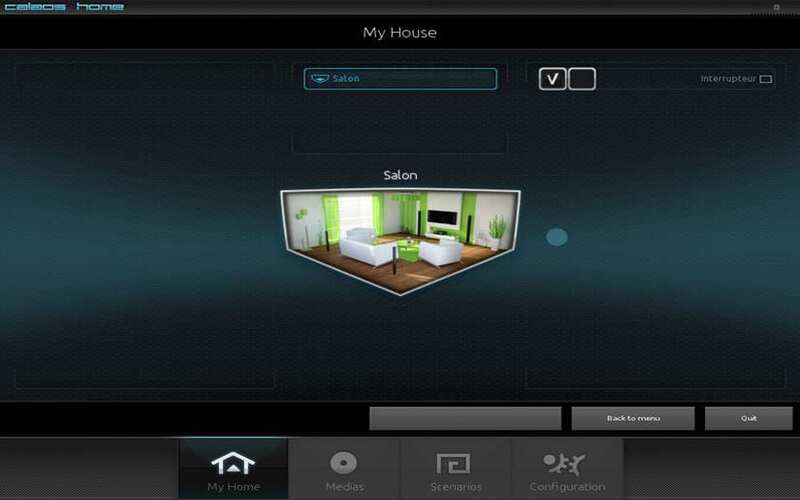
8. FHEM
FHEM is a Linux-based home automation platform known for its devices and protocol compatibility. It offers scripting capabilities that enable the creation of automation rules. With FHEM, you can conveniently. Manage your home devices through a user-friendly web interface accessible from any device connected to your network.

9. Node RED
Node RED is a programming tool that follows a flow-based approach specifically designed for devices. It can be employed on Linux systems to streamline connecting and managing home devices. With its user interface, Node-RED simplifies the creation of automation flows, making it effortless to integrate and automate various devices without the need for complex coding.
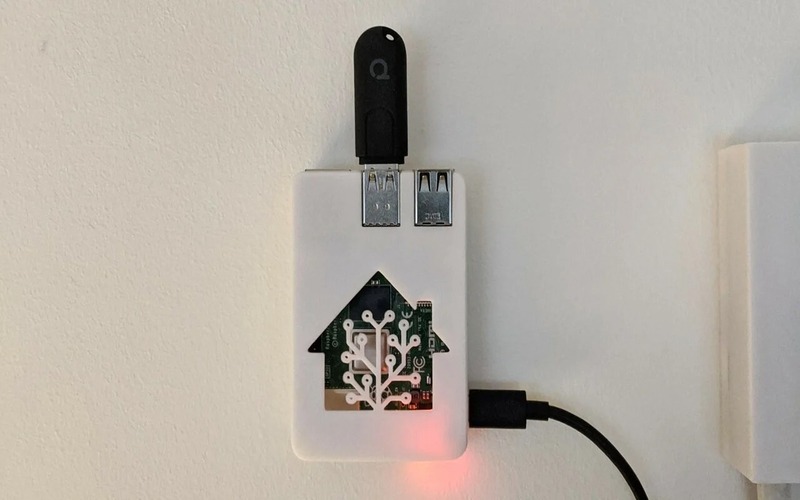
10. HomeGenie
HomeGenie serves as a home automation server built on Linux. HomeGenie is a powerful tool for users looking to enhance their smart home experience. Its triggers and scheduler functionality add convenience and efficiency, allowing for automated actions based on specific events or time triggers. Additionally, HomeGenie supports plugin integration, offering users the flexibility to customize and expand their unique requirements. Whether you want to control your lights, thermostats, or security systems, HomeGenie is the ultimate solution for home automation on Linux.

11. PiDome
PiDome is an excellent choice for Raspberry Pi users seeking a Linux-compatible home automation platform. As an open-source solution, it provides extensive flexibility and customization options. With PiDome, users can effortlessly integrate and control smart home devices. Its web-based interface allows easy access from any device with a browser, offering convenience and remote control capabilities. Whether you’re managing lighting, climate control, or security systems, PiDome is a versatile and user-friendly solution for home automation on Raspberry Pi Linux systems.
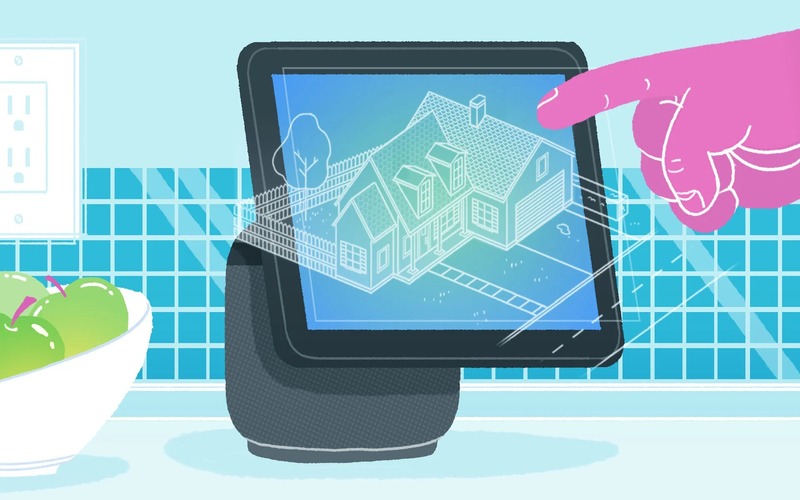
12. MisterHouse
MisterHouse emerges as a home automation framework for Linux-based platforms such as the Raspberry Pi. It provides enthusiasts with flexibility and customization options for their DIY projects. Through its web-based interface, MisterHouse facilitates device control and automation while offering functionalities like voice control, energy monitoring capabilities, and event triggers.
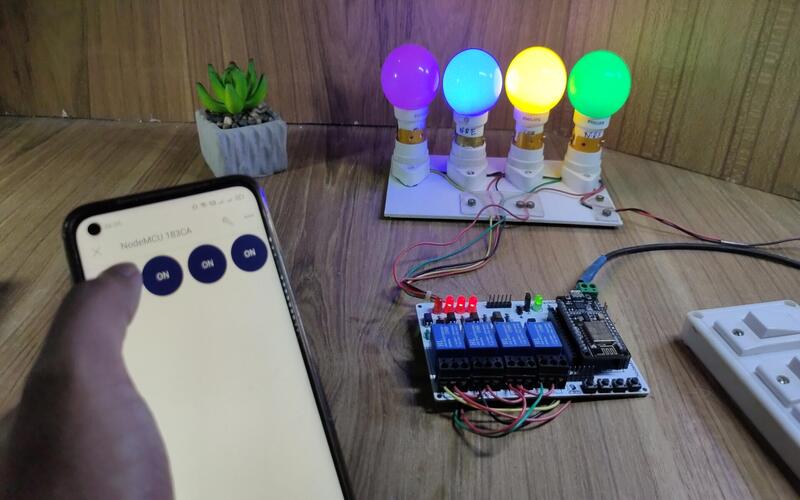
13. Mycroft AI
Mycroft AI is a voice assistant that’s source-coded and designed for home automation on Linux. It allows you to control your home devices using voice commands and can integrated into your existing setup. What sets Mycroft AI apart is its focus on privacy, providing an alternative to mainstream voice assistants while ensuring the security of your data.
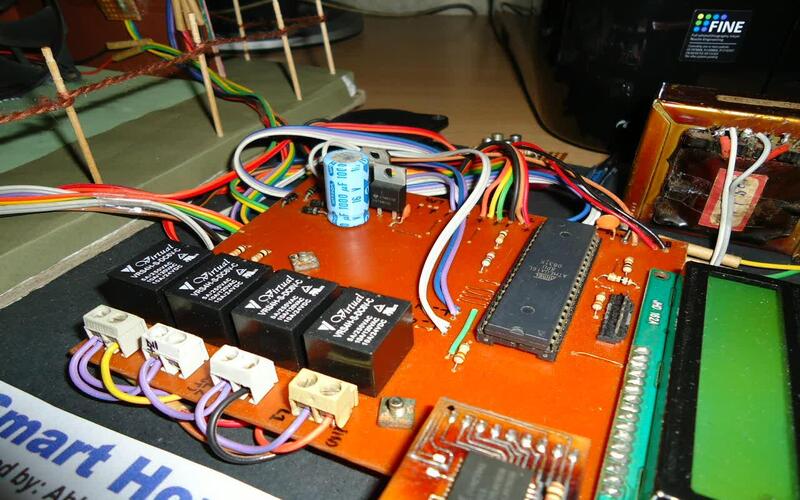
14. Sathya.io
Sathya.io is a cloud-based system for home automation from any Linux computer. It is a centralized platform to manage and control all your home devices. With Sathya.io, you gain features like access, scheduling options, and support for a wide range of devices and protocols. It’s the solution for anyone seeking remote control over their home automation setup.
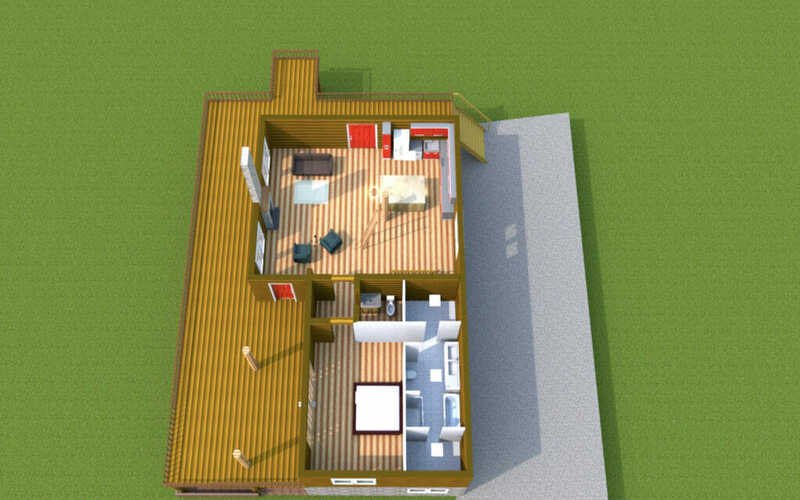
15. OpenSprinkler
OpenSprinkler is a Linux-powered sprinkler controller designed to automate garden watering tasks. This controller allows you to schedule watering sessions intelligently, ensuring water conservation while keeping your garden healthy and vibrant.
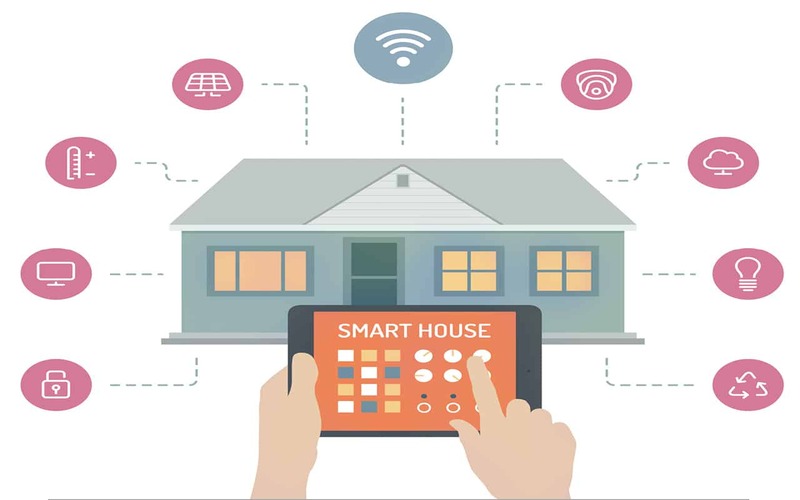
16. IrrigationCaddy
IrrigationCaddy is a web-based irrigation controller that provides an interface for Linux devices. It simplifies the management and automation of watering your garden with its user features like zone control, weather-based scheduling, and remote access capabilities.
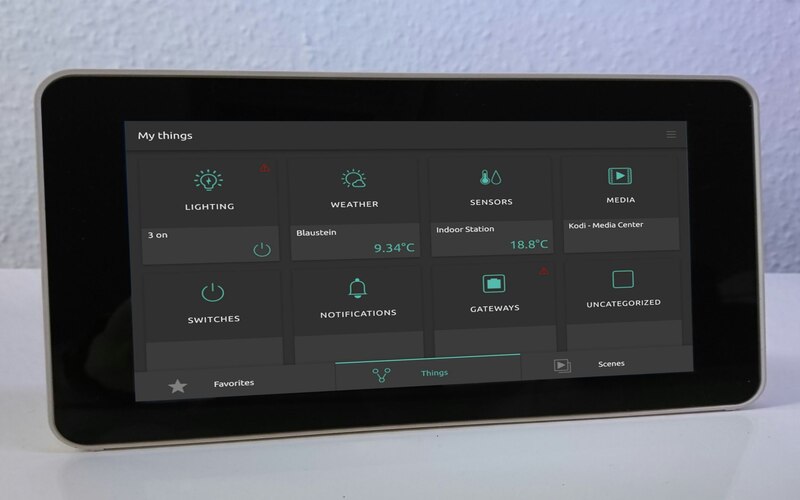
17. MiniDLNA
MiniDLNA is a media server installed on Linux systems that enables streaming media content within your home network. With MiniDLNA, you can easily access your media library from devices such as TVs, streaming boxes, or gaming consoles without hassle. You can use MiniDLNA to bring all your media files into one place and easily play them on devices.
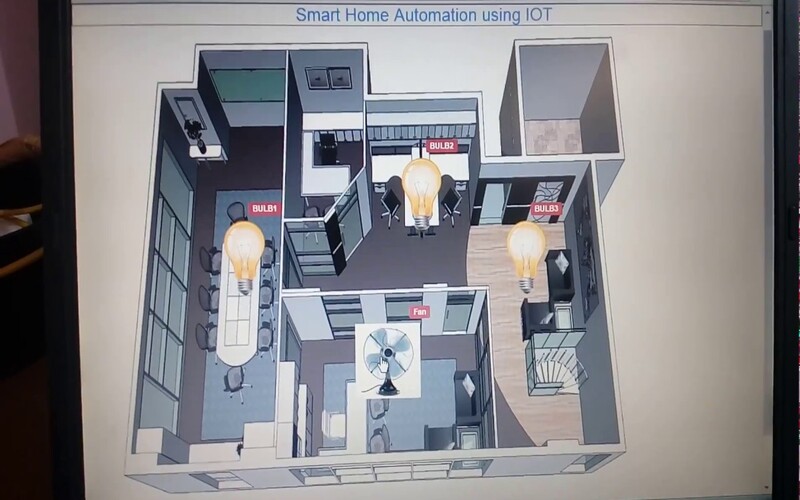
18. Kodi
Kodi is a known software for managing media content and controlling multimedia systems on Linux. It allows you to add plugins and connect with home devices, giving you options and features. Kodi enables you to effectively organize your media collection, control your devices, and create automation setups, granting you complete authority over your home entertainment experience.
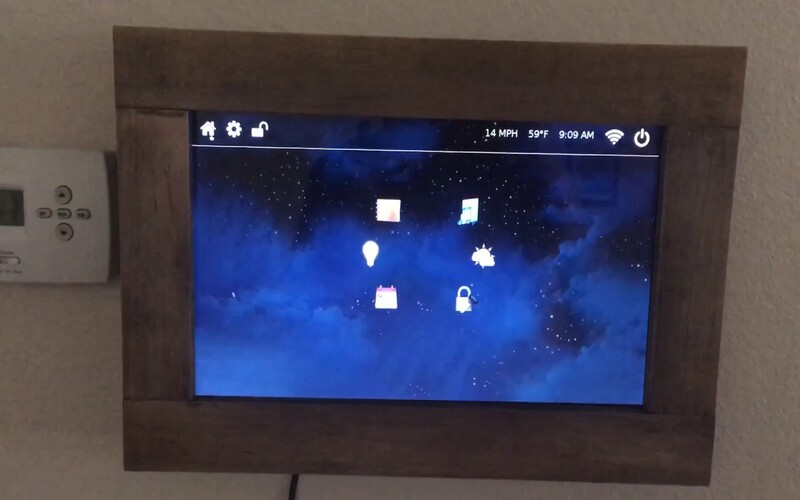
19. Open Garage
Open Garage is a Linux-based opener for garage doors that facilitates control and monitoring of your garage door. It offers added convenience and security for your home. With its user-friendly interface, you can easily access and manage your garage door from anywhere using a connected device. Open Garage is a reliable and efficient addition to any home, offering enhanced convenience and peace of mind.
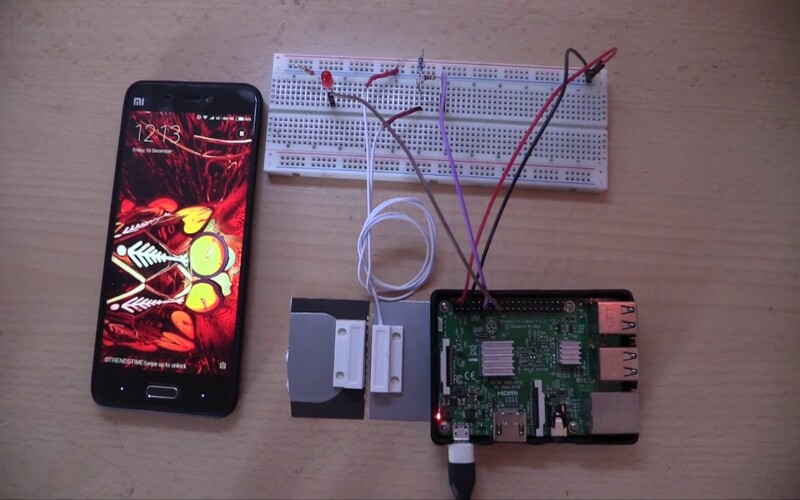
20. OctoPrint
OctoPrint is software for managing 3D printers that allows for automation. It operates on Linux. OctoPrint is a powerful Linux-based software designed for managing 3D printers with automation capabilities. It provides advanced features like control, monitoring, and scheduling 3D printing tasks. With OctoPrint, users can streamline the workflow of their printing projects, simplifying the process and saving valuable time. Whether you are a DIY enthusiast or a professional creator, OctoPrint offers the tools and functionalities to enhance your 3D printing experience and optimize your results.
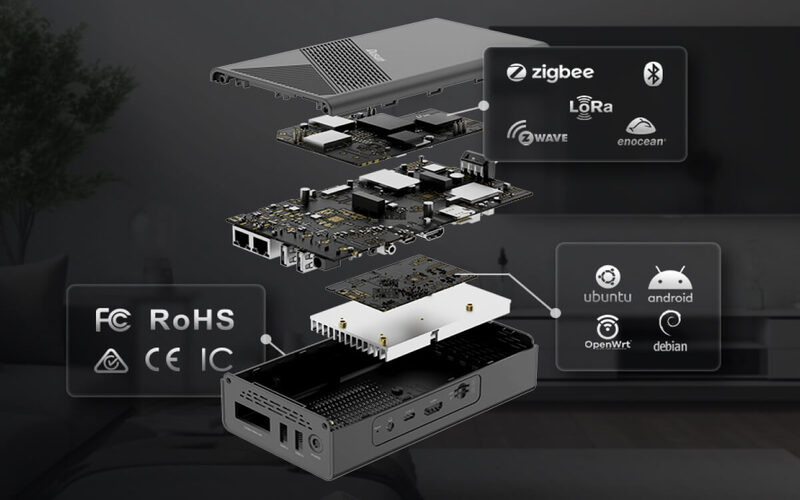
Conclusion
These twenty DIY projects based on Linux present possibilities for creating your smart home automation system. It is to conduct thorough research and carefully follow the instructions for each project, as some may require specific hardware or software configurations. With Linux as the foundation, you have the freedom, flexibility, and control to customize and expand your home automation system according to your unique needs and preferences. Prioritizing safety is paramount, so take necessary precautions and seek guidance from documentation and community resources. Embrace the excitement of your journey as you explore and construct your own Linux-based home automation system. With careful planning and a cautious approach, you can create a smart home that suits your needs while enjoying the process of DIY innovation. Make sure to prioritize safety by taking precautions and seeking guidance from documentation and community resources. Enjoy your journey of exploring and building your home automation system based on Linux!

